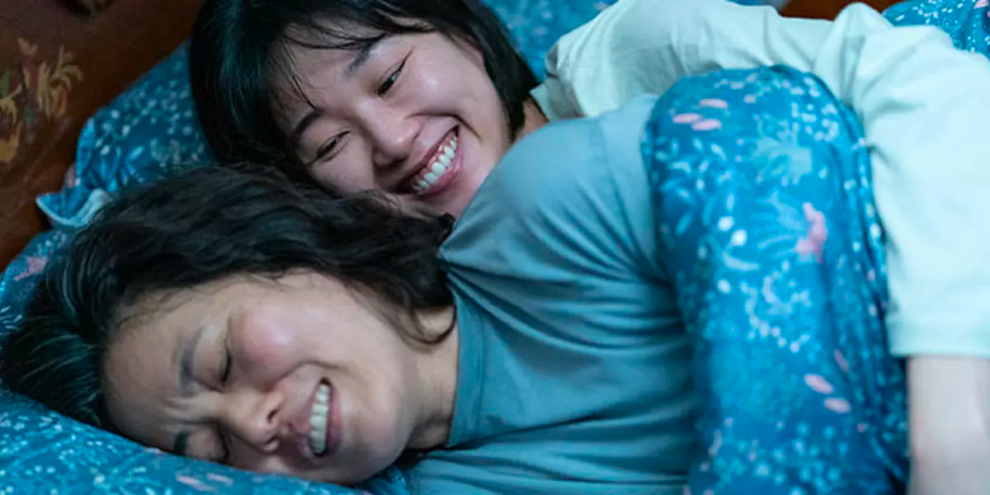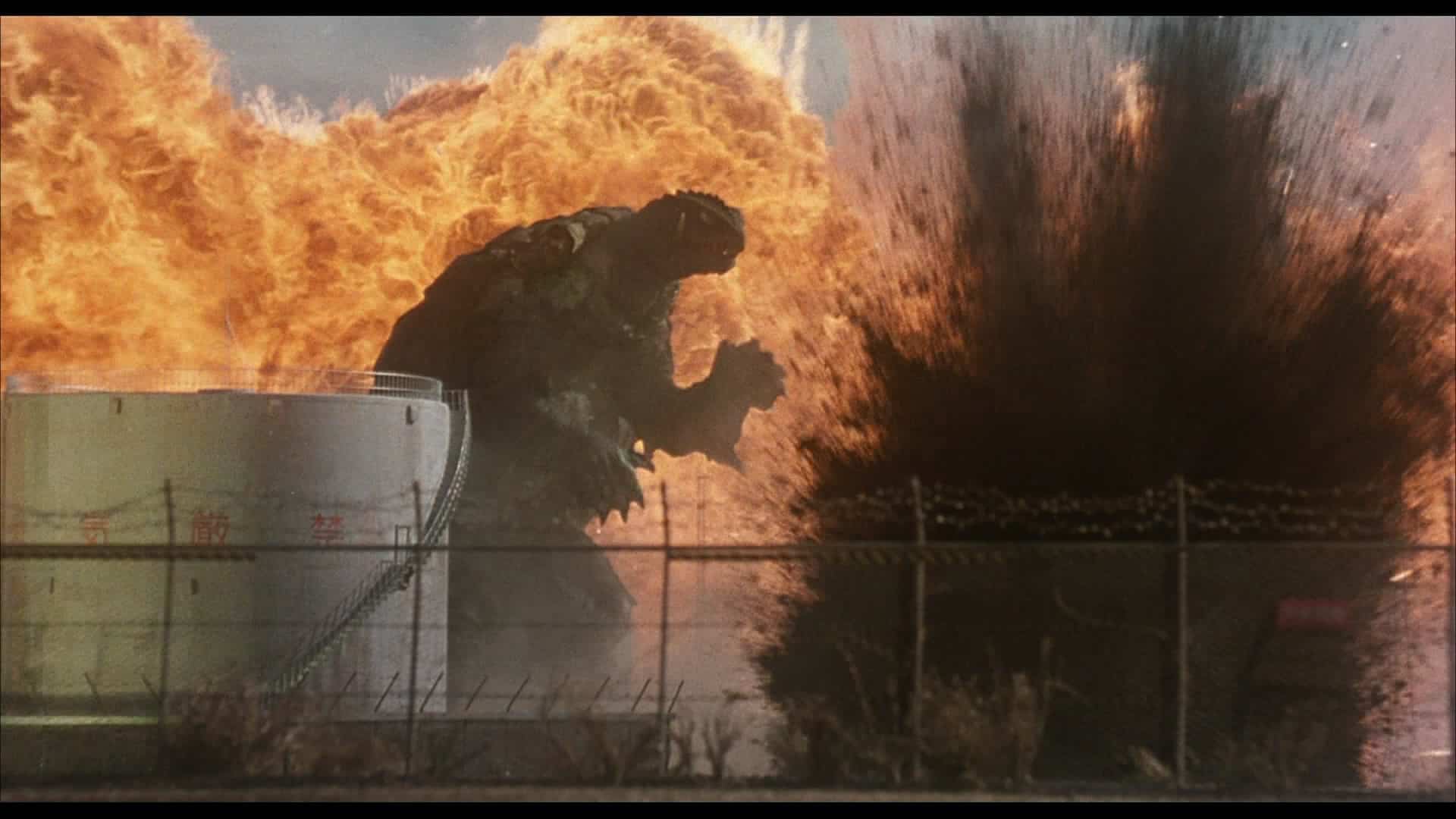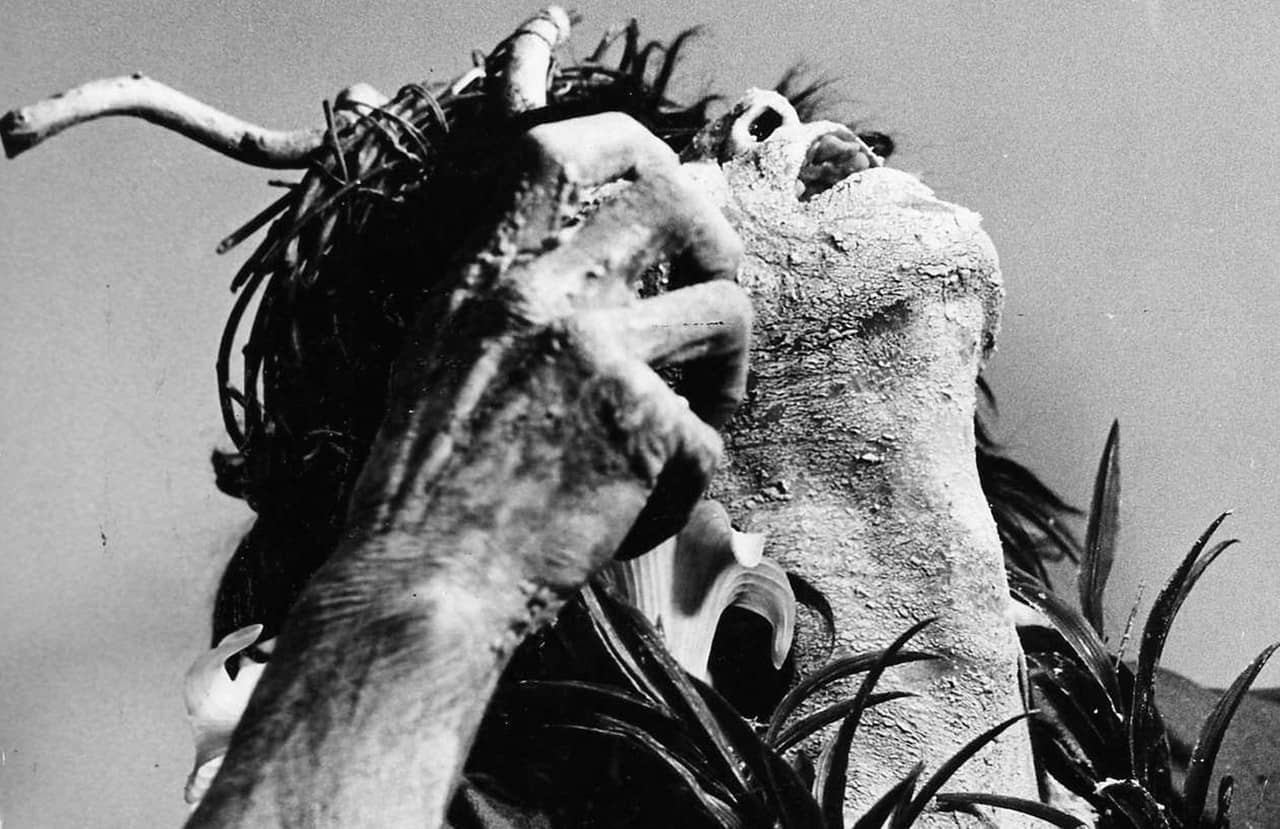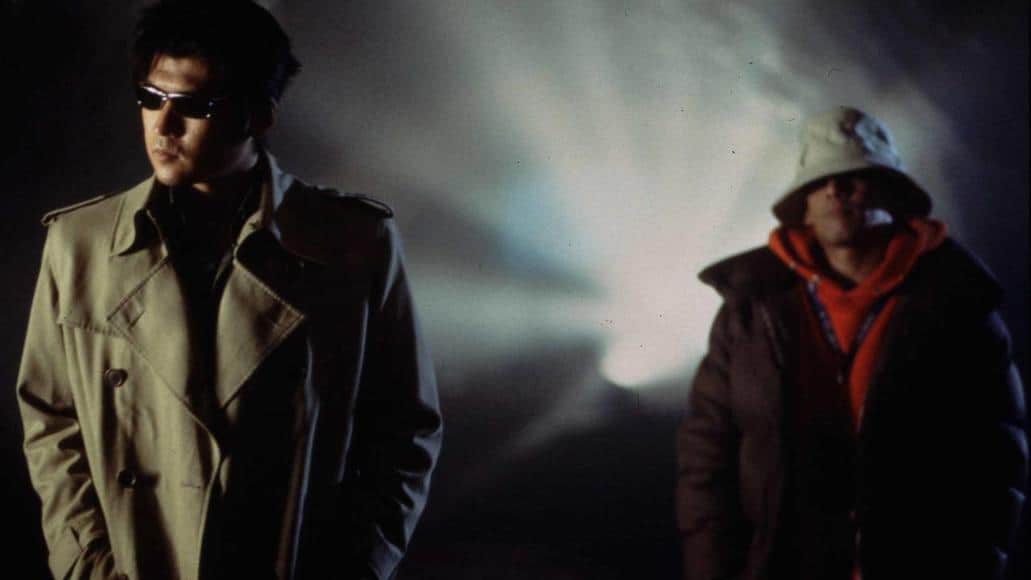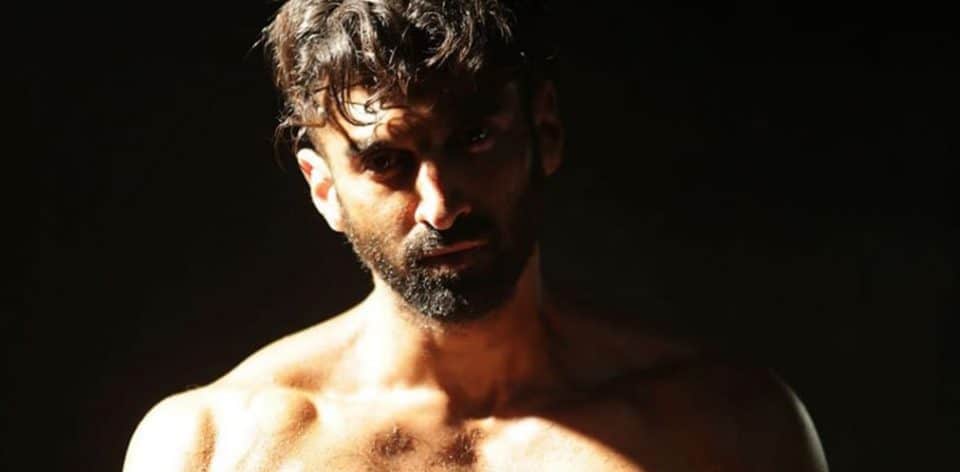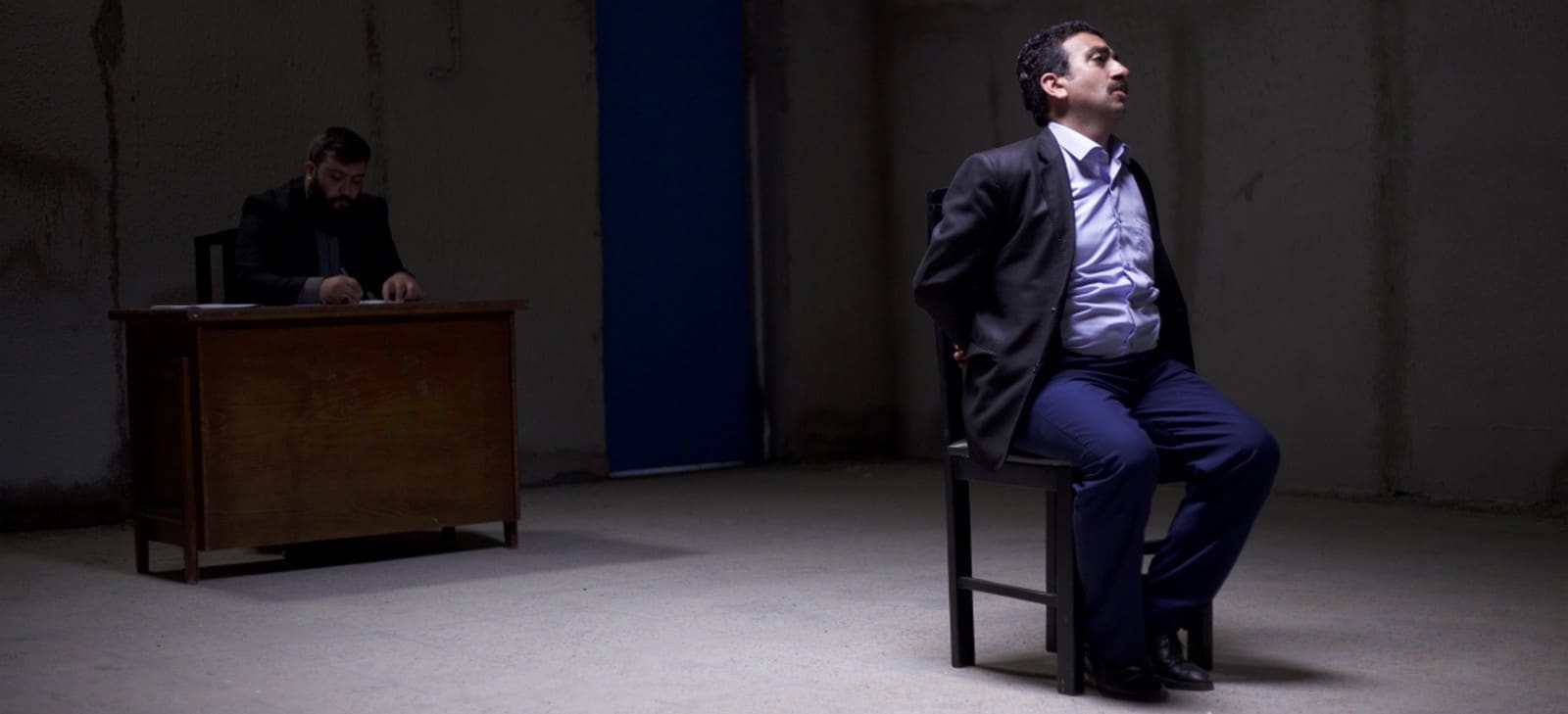An intergenerational drama about a mother and daughter in the eye of a storm and their reaction, “Gyeong-ah's Daughter” is the debut feature of writer and director Kim Jung-eun. Will she xxx the success of other recent first features by female director like Bora Kim,s “House of Hummingbird” or Yoon Ga-eun's “The World of Us”, to name few? Let's see.
Gyeong-ah's Daughter is screening at London Korean Film Festival

Director Jung-eun let us form an idea of her protagonists' dynamics from the very opening of the film, through a video-call between the two. Yeon-su (Ha Yoon-kyung) is ready to start her new job as teacher and has just moved in her own first little flat. She is showing it to her mum Gyeong-ah (Kim Jeong-yeong), but while Yeon-su is smiley and trying to be reassuring, Gyeong-ah looks a bit worried and over-protective towards her daughter, especially about her love life. “Are you really alone? Show me the toilet. And outside the door.” And soon we sense that this is an ongoing banter between mother and daughter. Gyeong-ah is a care-worker widow, and her only daughter has always been at the centre of her world, making this new empty-nest melancholy very understandable.
On the other hand, Yeon-su is enjoying the freedom that the new job allows and the feeling of being about to start a new path of life. However, her ex-boyfriend Lee Sang-hyun is the dissonant note in the picture as he struggles to accept the separation and Yeon-su feels uncomfortable with his insistence in asking her for a second go. One day, Yeon-su's mum and friends receive a shocking message from Lee Sang-hyun, forwarding an intimate video of them he's posted on the Internet. This nasty episode of porn revenge causes devastating effects on Yeon-su and Gyeong-ah, both on their individual lives and their relationship. A serious divide between the two starts to form: Yeon-su becomes more and more isolated and is determined to seek justice, while Gyeong-ah finds hard to understand what is going on and how to deal with it.
Written and directed by Kim Jung-eun, “Gyeong-ah's Daughter” exposes the negative impact of digital sex crimes on the lives of the victims, the importance of keeping firmly in mind who is the victim and who is the culprit – it is less obvious than it sounds – and the necessity of reporting and prosecuting. However, the film follows a more intimate storyline, focusing primarily on Yeon-su and Gyeong-ah, and thoroughly explores the ripples of damages and pain that overwhelm their rapport. Unsurprisingly, Lee Sang-hyun is hardly seen on screen – also an ingenious way to highlight his pettiness and insignificance – and the film doesn't dwell on details of the split or their past love story. In fact, thanks to a masterful script, “Gyeong-ah's Daughter” manages to be subtle and loud at the same time, guiding the audience through the two women's personal awakening with a strong sense of direction.
While dealing with the difficulties to understand each other's feelings, Yeon-su and Gyeong-ah are also trying to deal with their own traumas. Their personal stories run on a parallel intergenerational track and are more similar than they might think. They are both abused women, as we know revenge porn is an act of abuse and we learn that Gyeong-ah has also endured ongoing domestic abuse by her late husband. And yet they have reacted – and are now reacting – in ways that are different because are linked to their own generations.
All threads close harmoniously and the visual provides some poignant and assertive symbolisms, like Gyeong-ah on the way to relocate after leaving the family home – the last tie to her husband – or even the very last scene where Yeon-su crosses the road, going to work. In what, in my opinion, is one of the most poignant and moving scenes of the film, Gyeong-ah comes across another old video, filmed by the boyfriend with the phone. She is reluctant to click and watch it but when she does, she sees her daughter happy and brimming with enthusiasm about her new flat, assembling furniture, showing to the camera her new lamp, her ideas for the flat, her joy. It is a full circle, going back to the opening videocall, but seen from another angle, and Gyeong-ah realises all that she has been missing because of her rigor, all the joy she has never seen, all the lost happiness of seeing her daughter in love. However, the scene is purposedly at the end of the film, so we know that Gyeong-ah is now capable to understand, and, simultaneously, we know the reasons of her overbearing behaviour.
Jung-eun directs the two actress Kim Jeong-yeong and Ha Yoon-kyung with great confidence and ownership of the script. Their inclusive performances are both truly terrific and refreshing, laced with a wide range of subtle nuances, empathy and even a touch of humour; their onscreen verbal and non-verbal discourse is extremely realistic and sincere, making their characters so relatable.
What a delightful debut from Kim Jung-eun! Subtle, profound, heartfelt, intelligent. Hopefully a start of a bright career.


